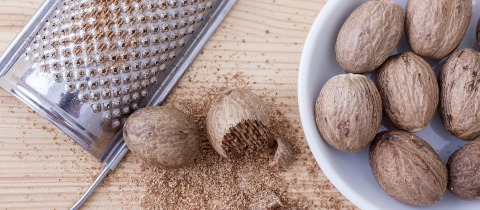Drink tea to live longer? Newspaper headlines may have said that, but, that is not exactly what the study they were referring to said. Nevertheless it is an interesting study, published in the American Journal of Clinical Nutrition, a highly respected peer-reviewed publication. The study evaluated intake of flavonoids in an elderly Australian female population through food frequency questionnaires. Flavonoids constitute a huge class of compounds found in plants, members of which are linked through a basic molecular structure they share. The reason for interest in these compounds is that laboratory experiments have shown possible anti-allergenic, anti-inflammatory, anti-cancer,-anti-heart disease and antioxidant effects. Although, there is a dearth of studies in people using isolated flavonoids, it is generally assumed that the benefits ascribed to eating fruits and vegetables may be due to their flavonoid content.
One way to get a handle on possible flavonoid benefits is to see if there is any connection between estimated flavonoid intake and health status. The best measure of health status is longevity. Two data bases of flavonoid content of foods were used to estimate intake of these compounds in the diets of over a thousand women with an average age of 80 who were followed for five years. Indeed, subjects who consumed the most flavonoids, 800 mgs or so a day, lived longer than women whose intake was less than 500 mgs whether the eventual cause of death was cancer or heart disease. In this population the major source of flavonoids was tea, about 350 mg for two cups, but there is no reason to believe that flavonoids in tea are in any way different from those found in berries, onions, bananas, cocoa, wine, citrus fruits, parsley or peanut skins. What all these have in common is that they are plant products, so this study reinforces the notion that our diet should be mostly plant based.
There are the usual caveats with such a study, the classic one being that an association cannot prove cause and effect. Although attempts were made to correct for confounders such as body weight and physical activity level, it is still possible that other components of the diet that parallel flavonoid intake are responsible for the noted difference in longevity. Then there is the usual problem that food frequency questionnaires may not accurately reflect food intake because of memory and honesty issues. But if flavonoids are really players in the good health game, which is likely, it is interesting to note that the average North American intake is only about 300 mgs which is considerably less than that of the longest lived subjects in this study. For a ballpark idea, an apple, a cup of blueberries or a cup of tea are all in the 150 mg flavonoid content range. So while tea may not be the elixir of life, a couple of cups a day are an easy way to increase flavonoid intake. There is no downside. Unless you load it up with sugar as is the case with many canned and bottled teas. Make your tea at home, add a dose of lemon juice if you like, but leave out the sugar. It may not make you live longer but it will make life a little more pleasant.







